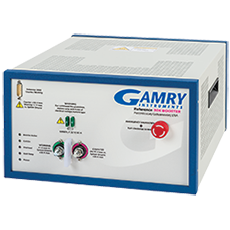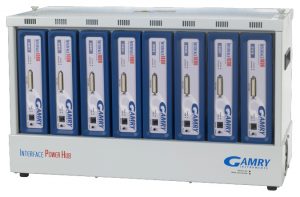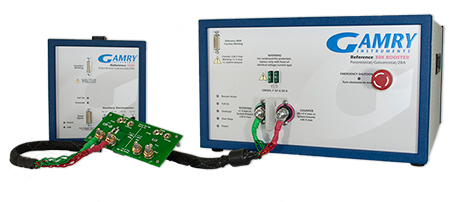High-current Pulses for Battery Research
Introduction For those interested in determining the characteristics of batteries, especially by discharging them to see their changes in impedance, Gamry Instruments offers the Reference™ 3000 potentiostat plus our 30k Booster. This combination of instruments is useful for running stress tests on batteries, by applying rapid, high-current pulses singly or repeatedly. As a cell, we Read more about High-current Pulses for Battery Research[…]




